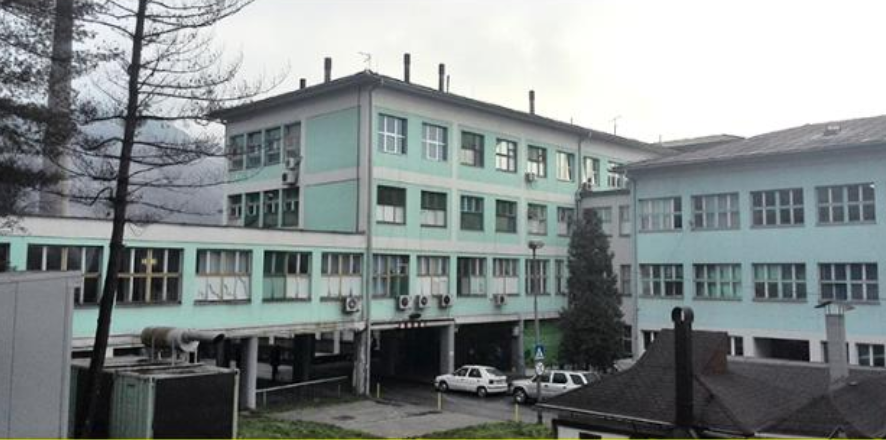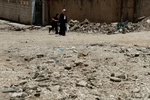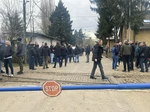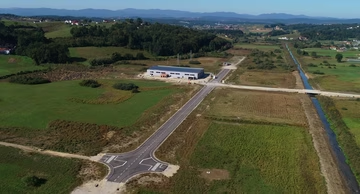EBRD, EU and WBIF finance refurbishment of Zenica hospital

To address air pollution in one of the most affected cities in Bosnia, the European Bank for Reconstruction and Development (EBRD) teamed up with the EU and the Western Balkans Investment Framework (WBIF) to help the Zenica hospital save energy. The EBRD is thus extending a EUR 10 million loan.
Oglas
The loan will be complemented by a EUR 1 million investment grant under the Regional Energy Efficiency Programme for the Western Balkans (REEP).
The programme is a joint initiative of the European Union, bilateral donors and beneficiary countries cooperating under the Western Balkans Investment Framework (WBIF). REEP is implemented by the EBRD in close collaboration with the Energy Community Secretariat.
Zenica is one of the largest and most polluted cities in Bosnia and Herzegovina. The city’s hospital was built in 1959, has a capacity of 950 beds and employs around 1,600 staff, who serve more than 300,000 patients a year. The hospital has not seen any major refurbishment since its opening.
Oglas
The funds will finance the most urgent investment needs, including improvements to the building envelope (wall/roof insulation and door/window replacement), the installation of energy efficient gas-fired boilers (to replace the current polluting lignite-fired ones), rehabilitation of the heat distribution system and introduction of adequate central ventilation and cooling systems.
The investments, together with comprehensive energy efficiency measures, will result in energy savings of more than 60 percent and the reduction of CO2 emissions by up to 80 percent. At the same time, patients will be offered better service.
In an effort to provide more low-carbon and sustainable services to its residents, the city of Zenica is cooperating with the EBRD to develop a Green City Action Plan with support from the Republic of Austria.
It is the first such action plan in Bosnia and Herzegovina, with two more to follow in Sarajevo and Banja Luka. The wider Green Cities Programme builds on the EBRD’s two decades of experience investing in municipal and environmental infrastructure.
Kakvo je tvoje mišljenje o ovome?
Učestvuj u diskusiji ili pročitaj komentare
Oglas
Kakvo je tvoje mišljenje o ovome?
Učestvuj u diskusiji ili pročitaj komentare
Oglas





 Srbija
Srbija
 Hrvatska
Hrvatska
 Slovenija
Slovenija



























































